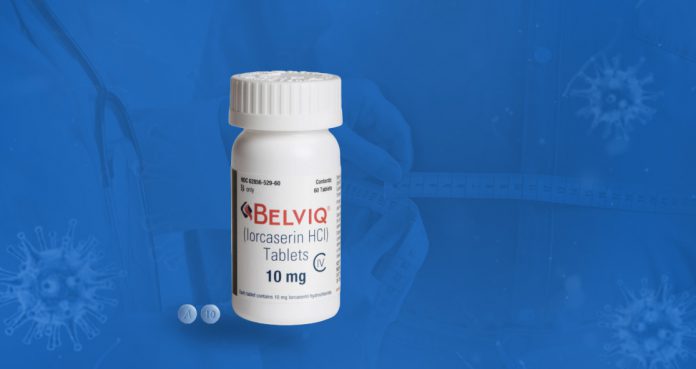The U.S. Food and Drug Administration (FDA) has asked Eisai Co. Ltd, a Japanese pharma company, to withdraw its weight-loss drug lorcaserin that is sold under the brand name Belviq and Belviq XR.
On Thursday, the FDA asked Eisai to withdraw the drug from the US market after the agency found that more than 12,000 patients who took the drug had an increased risk of cancer.
The FDA Drug Safety Communication said, “Health care professionals should stop prescribing and dispensing lorcaserin to patients.”
“Contact patients currently taking lorcaserin, inform them of the increased occurrence of cancer seen in the clinical trial and ask them to stop taking the medicine. Discuss alternative weight-loss medicines or strategies with your patients,” it added.
Eisai has been complying with the FDA’s withdrawal request.
The FDA reviewed the 5-year clinical trial of lorcaserin to evaluate cardiac risk, which ended in June 2018.
Overall, more than 7 percent of patients who took 10 mg lorcaserin twice daily received the diagnosis of 520 primary cancers. In addition, there was one more cancer risk observed in some patients who took the drug for a year.
Lung cancer, colorectal cancer, and pancreatic cancer were among those diagnosed.
The FDA said, “There was no apparent difference in the incidence of cancer over the initial months of treatment, but the imbalance increased with longer duration on lorcaserin.”
“In short, we believe that the risks of lorcaserin outweigh its benefits based on our completed review of the data,” the agency added.
However, the U.S. drug regulatory body is not recommending any special cancer screenings for those who have taken Belviq or Belviq XR.
The withdrawal action has come after an FDA alert earlier this year about a potential cancer risk based on the preliminary results of the trial.
Patients have been advised Thursday to stop taking lorcaserin and check with their doctors for other weight-loss medications or programs.
The FDA recommended patients to properly dispose of the tablets by talking to their pharmacists or doctors. This article is originally published in MDedge.com.





















